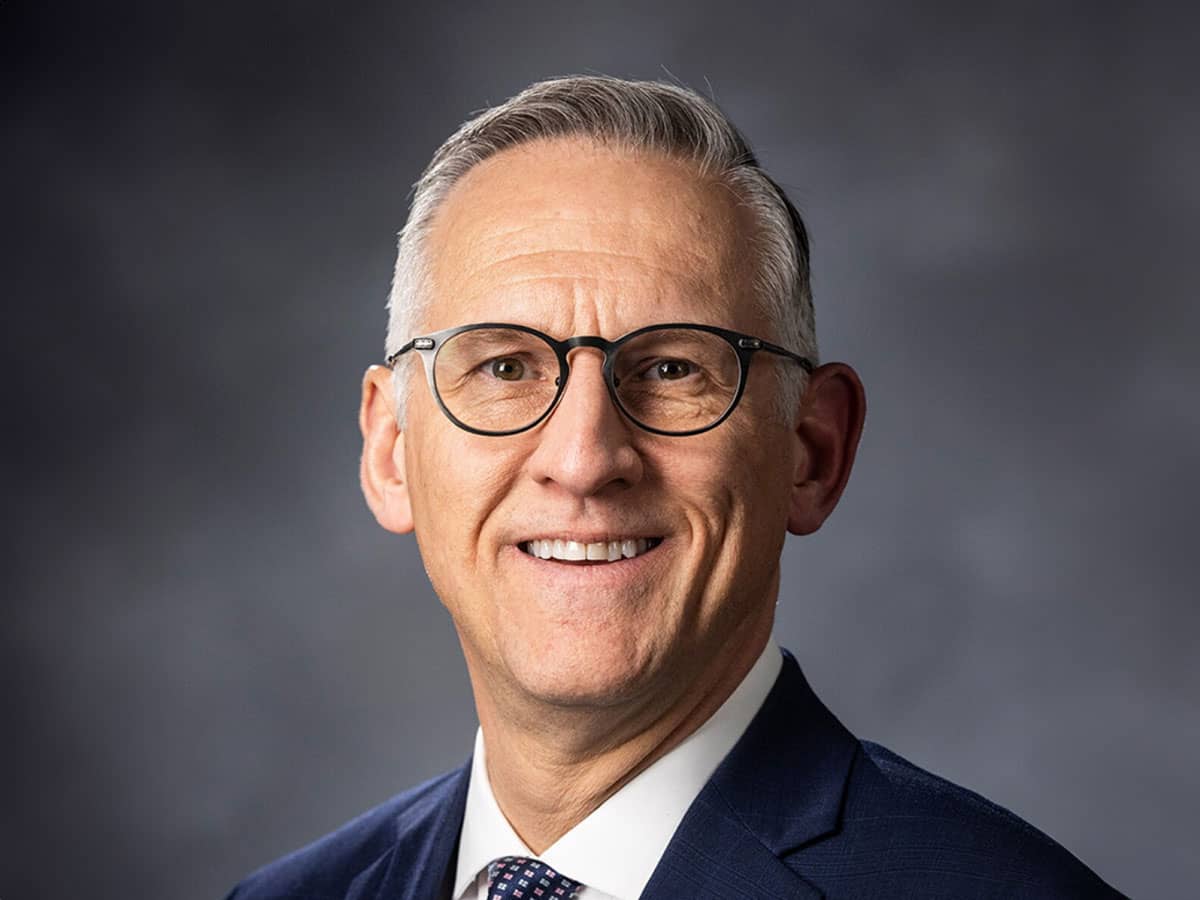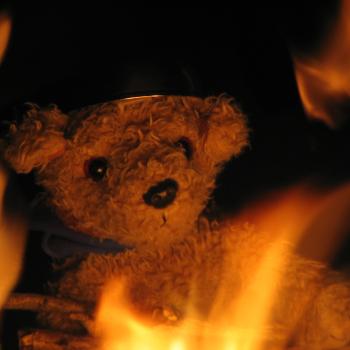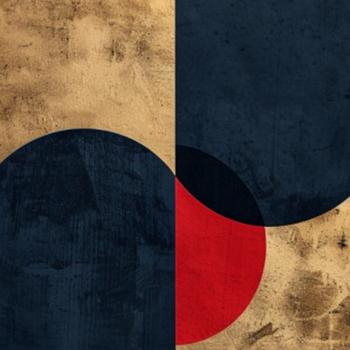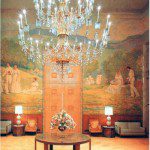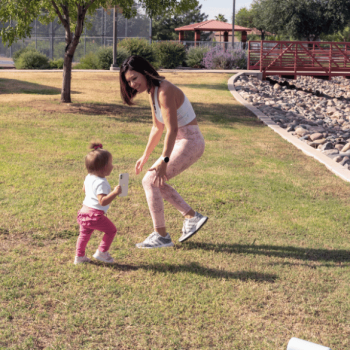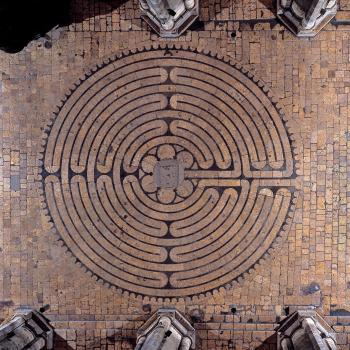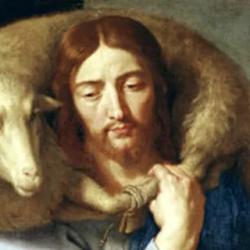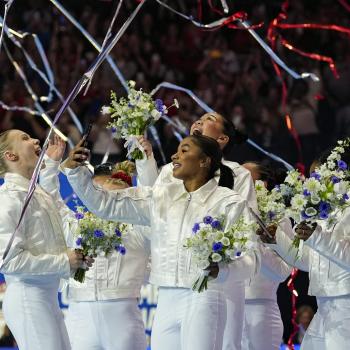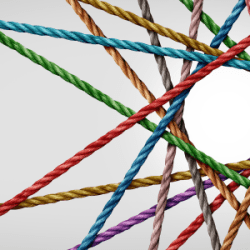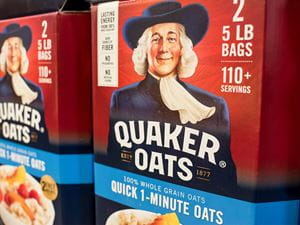
The Iconic Quaker Oats Trademark
Though his image has been updated a few times since Quaker Oats were trademarked in 1877, the iconic image of the man in Quaker garb, featured on the front of various Quaker Oats products, is one of the most recognized trademarks of any food brand. Alongside McDonalds' "golden arches" and KFC's "Colonel Sanders," the "Quaker Oats guy" is a trademark that is recognized worldwide. But who is this iconic man dressed in 19th-century Quaker clothes, and what does he represent—to the company and the consumer?
Uncovering the Quaker Oats Mascot
Many have theorized that the figure is none other than William Penn—the 17th-century Brit who founded the Quaker colony of Pennsylvania, or "Penn's Woods." Assumptions to this effect are based, not only on Penn's Quaker background, but also because depictions of Penn look rather similar to the man on the cylindrical oatmeal packaging. However, the Quaker Oats guy is neither William Penn nor any other historical figure... though he has jokingly been referred to as "Larry the Quaker" at the company's corporate headquarters.
From Horse Feed to Human Feast
In actuality, the man on the cover was a depiction designed to sell to humans a product that previously had largely been sold as horse feed in Great Britain. That's right, horse food! In the 19th century, if you were eating "oats," you were probably quite poor or considered "lower class." And, while today, oatmeal is trendy among health food fanatics, those who frequent the gym, and perhaps vegetarians and vegans as well; oats in the 19th century were not considered trendy or even preferable for human consumption—except if that's all one really could afford to eat.
A Symbol of Integrity
In an effort to convince people that this first ever "breakfast cereal" was something they should not just purchase but prefer, the Ohio-based company looked for some kind of packaging design that would turn this "horse food" into something popular among people. Because of their high moral standards, Quakers were known for their honesty and also their ethical business values. Indeed, there's actually some evidence that dishonest salesmen in the 19th century would "play the Quaker card"—pretending to be Quaker as a means of getting people to trust them in a business deal. Thus, though the original Quaker Mills Company had nothing to do with the Religious Society of Friends (more often known as "Quakers" or "Friends"), the image of a clean, elderly, religious-looking man was intended to project to consumers "the values of honesty, integrity, purity, and strength." Even the language of a 1965 Quaker Oats advertising campaign smacked of biblical approval of the product, saying, "Nothing better for thee, than me." How pious! How holy! How clever!
The Legacy of the Quaker Man
Thus, while the "guy" on the oats container doesn't represent any specific Quaker, and while his manner of dress and style of hair represents a look Quakers haven't sported for more than 100 years, nevertheless, the stereotypical seventeenth-century "garb" and the religious undertones of the logo (and its advertising) have continued to convince customers for nearly a century and a half that, somehow, oats are as good for humans as they are for horses. Perhaps even better! As a consequence, Quaker Oats is the largest cereal company on the planet; and the producer of other popular items, like Cap'n Crunch breakfast cereal, Gatorade sports drinks, and even Van Camp's Pork & Beans. So, that little Quaker, whether he be called William, Larry, Guy, or by some other name, has turned out to be quite the salesman—taking a small 19th-century Ohio oats company and turning it into one of the world's largest manufacturers of consumables, from cereal to sports drinks, and just about everything in between!
4/5/2024 7:15:20 PM
